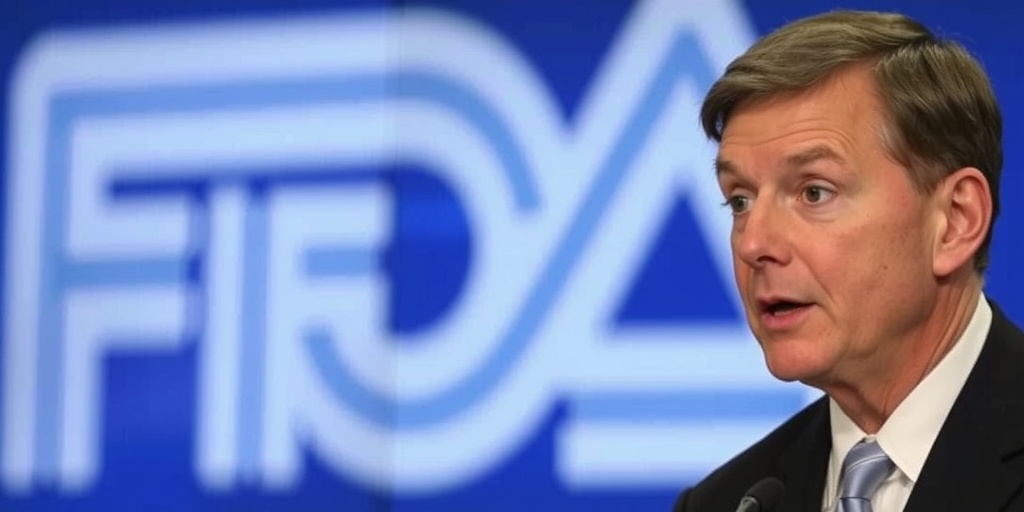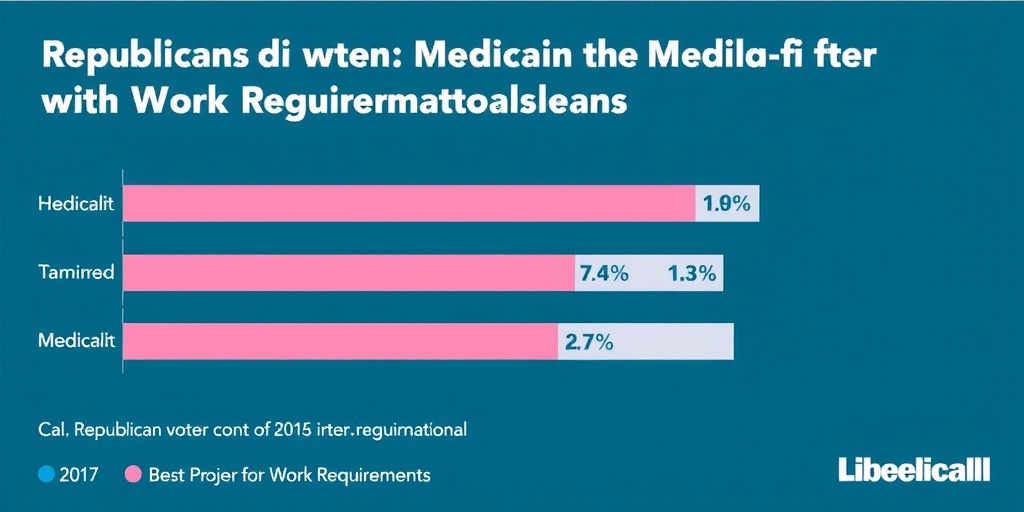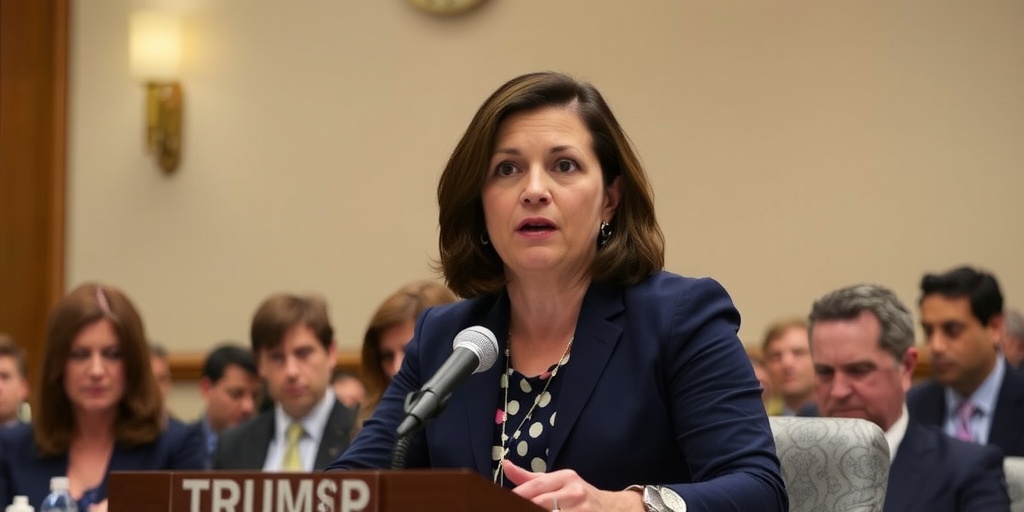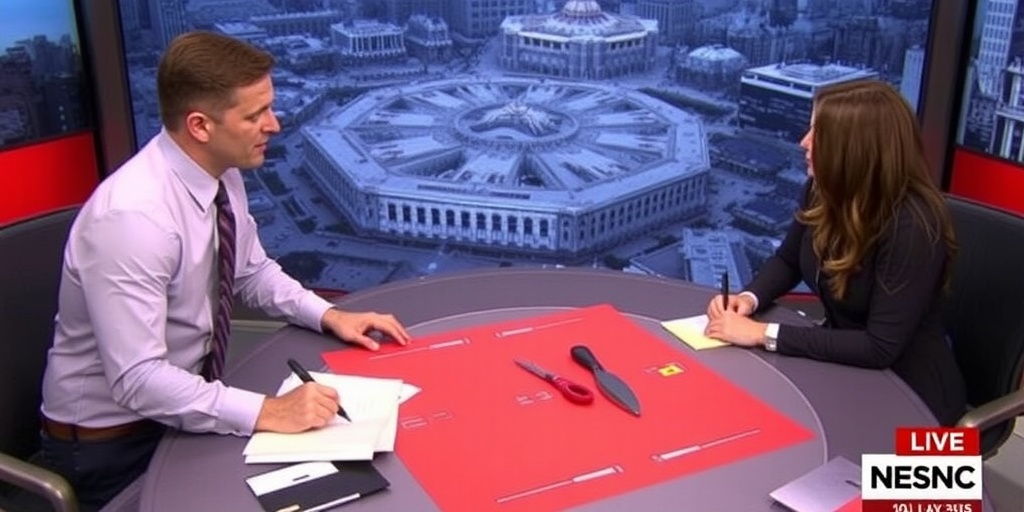Now Reading: Trump Team Exploits Loophole to Bypass Court-Ordered Spending Freezes
-
01
Trump Team Exploits Loophole to Bypass Court-Ordered Spending Freezes
Trump Team Exploits Loophole to Bypass Court-Ordered Spending Freezes
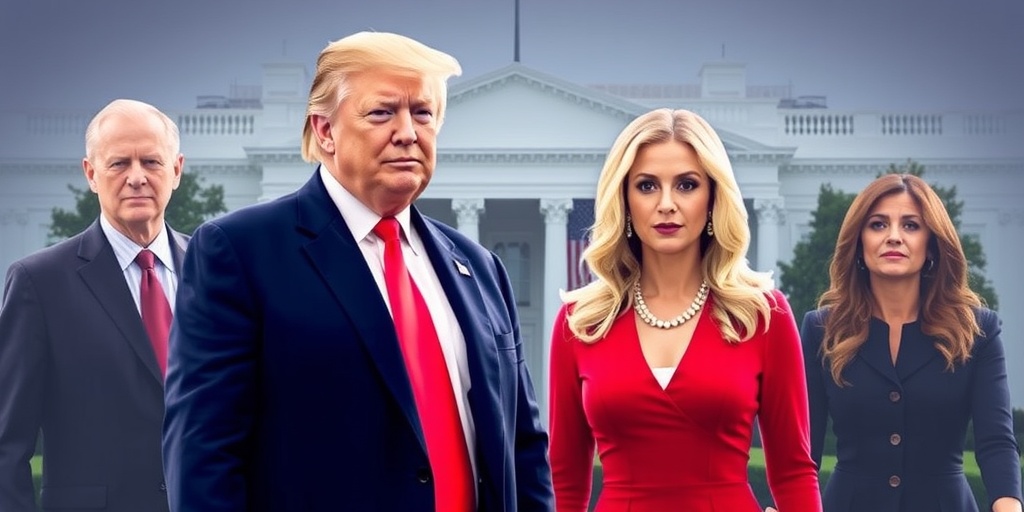
The Trump administration is reportedly using loopholes to circumvent court orders that have restrained its spending freezes, which were meant to protect funds allocated for various programs and services. Despite judicial directives, officials within the administration have found ways to maintain President Trump’s spending freeze, demonstrating the complexity judges face in enforcing compliance.
Sources including court filings and testimonies indicate that political appointees within government agencies have been instructed to utilize alternative legal authorities to pause spending, often presenting these actions as independent of Trump’s freeze orders. Critics argue this approach pays mere lip service to court mandates while undermining their intent, raising questions about the accountability mechanisms in place for such actions.
In a notable revelation, Pete Marocco, who leads the dismantling efforts of the U.S. Agency for International Development (U.S.A.I.D.), explained the administration’s tactics in a legal declaration. During ongoing litigation concerning Trump’s executive order that froze nearly all foreign aid spending, Marocco disclosed that U.S.A.I.D. officials had been directed to ignore certain directives interpreted as prohibiting spending, specifically not to halt contracts and awards. Nevertheless, the agency’s payment systems have become dysfunctional, preventing the disbursal of humanitarian assistance and leaving essential aid programs in a state of paralysis.
Further complicating the situation, Marocco asserted that a new payment procedure with stringent controls has been put in place. This procedure requires written confirmation from senior officials that any payments comply with administration policies. However, many within U.S.A.I.D. and its partner organizations reported that operations still remain stalled, highlighting the practical difficulties in executing the administration’s stated commitment to humanitarian aid.
In addition to foreign aid restrictions, similar tactics have emerged regarding domestic funding. After an order from Trump’s Office of Management and Budget aimed at halting approximately $3 trillion in domestic spending, judges stepped in to block compliance. Yet, entities awarded grants reported that they frequently found themselves unable to access necessary funds due to continued administrative roadblocks.
For instance, one federal judge recently ruled that the government’s ongoing pauses violated explicit language in his previous orders. Despite this, the administration quickly countered with arguments that allowed it to justify halting payments for specific programs, including grants for aiding New York City with migrant accommodations. By leveraging concerns about contractual compliance as justification, the administration cut off significant funding while showcasing an alarming pattern of continued fiscal obstruction.
These maneuvers not only threaten the flow of critical aid but also establish a troubling precedent for how funds may continue to be withheld under the guise of regulatory compliance. As the administration identifies more areas for potential spending freezes under these alternative legal structures, the situation raises serious questions about future funding for domestic and international programs.
As late as February 12, budget officers within the Agriculture Department were provided with directives to identify grants and spending subject to freezes, even citing funding expressly authorized by Congress, such as that from the Inflation Reduction Act. The guidance explicitly advised against obligating funds without clear legal justification, further entrenching the uncertainties posed by administrative actions.
Moreover, reports indicate ongoing termination of contracts based on vague “for convenience” clauses, essentially allowing the administration to indiscriminately withdraw support from projects aligned with its policies, regardless of the legal circumstances surrounding the arrangements. In the past few months, U.S.A.I.D. has seen a spike in contract terminations, a move justified under various statutory authorities claimed by the administration.
Several U.S.A.I.D. foreign service officers are also facing potential repatriation the administration is allegedly preparing, notwithstanding a court order that temporarily prohibits their involuntary return. As deadlines approach for the enforcement of such orders, anxiety among these officials is reportedly rising, with many uncertain of their roles moving forward.
In conclusion, the Trump administration’s manipulation of legal loopholes to uphold spending freezes represents a growing challenge to judicial authority and the intended distribution of federal funds. The potential implications of these strategies could extend beyond current court rulings, influencing how future administrations navigate similar challenges and manage the flow of critical resources to programs that serve American and global communities alike. As the situation continues to evolve, monitoring the judiciary’s responses will be crucial in determining whether these administrative tactics remain unchecked or are ultimately reevaluated and constrained.
Stay Informed With the Latest & Most Important News
Previous Post
Next Post
-
 01New technology breakthrough has everyone talking right now
01New technology breakthrough has everyone talking right now -
 02Unbelievable life hack everyone needs to try today
02Unbelievable life hack everyone needs to try today -
 03Fascinating discovery found buried deep beneath the ocean
03Fascinating discovery found buried deep beneath the ocean -
 04Man invents genius device that solves everyday problems
04Man invents genius device that solves everyday problems -
 05Shocking discovery that changes what we know forever
05Shocking discovery that changes what we know forever -
 06Internet goes wild over celebrity’s unexpected fashion choice
06Internet goes wild over celebrity’s unexpected fashion choice -
 07Rare animal sighting stuns scientists and wildlife lovers
07Rare animal sighting stuns scientists and wildlife lovers













